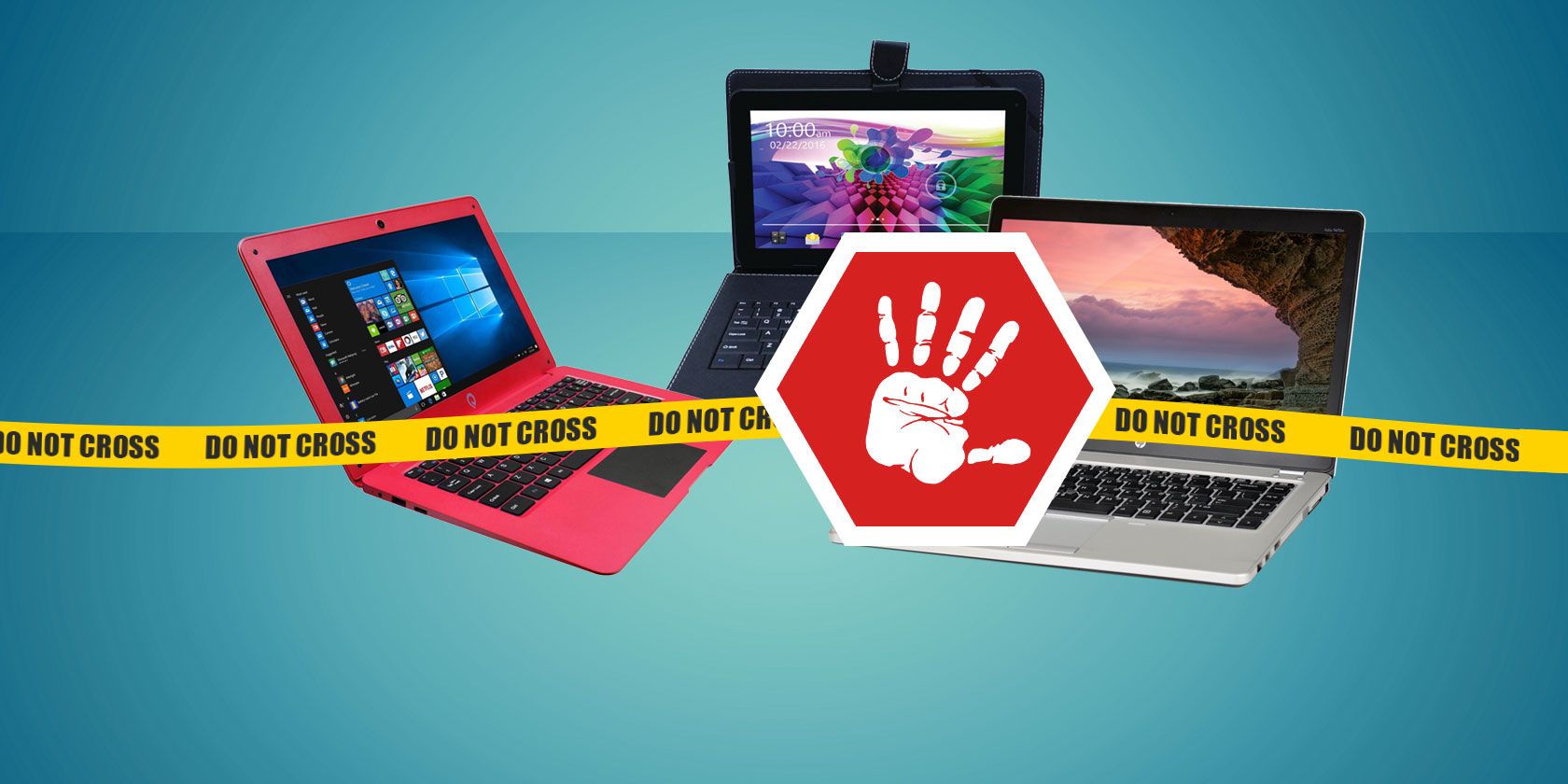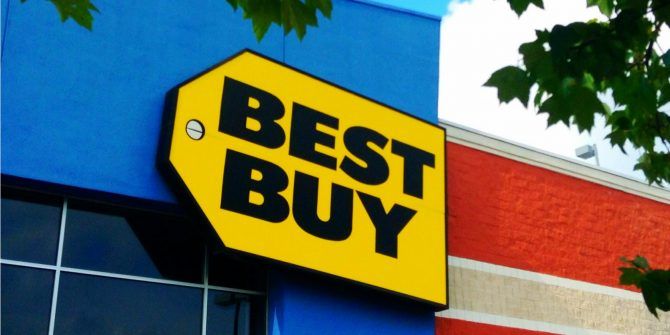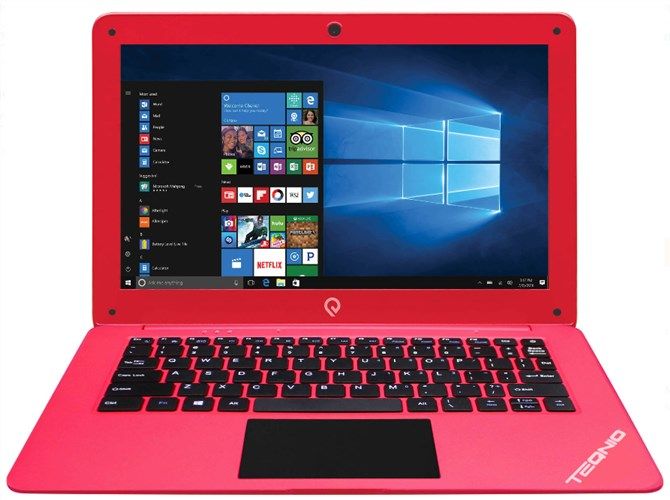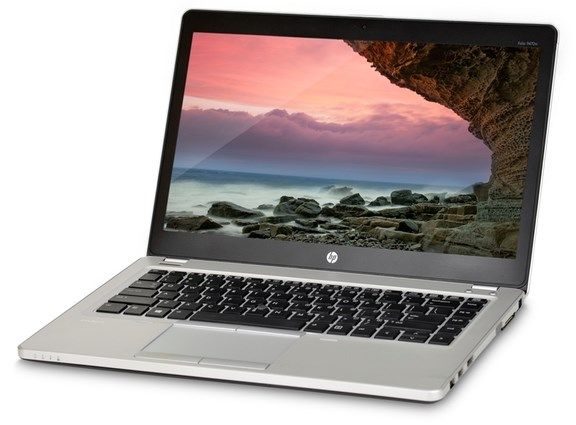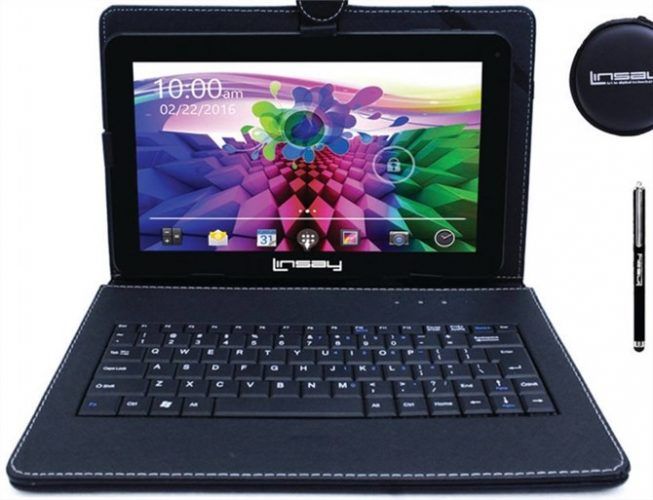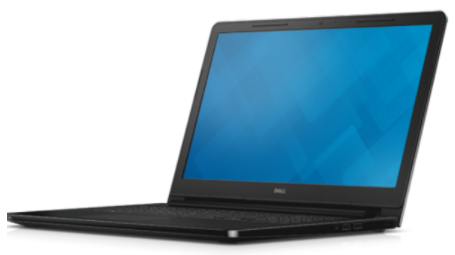Do you want to ruin the back-to-school experience? Buy a cheap laptop (or "netbook"). $100 laptops may cost little, but if they fail, kiss your essays and projects goodbye. You need performance, value, and – above all else – reliability.
So what should you avoid and what's the cheapest laptop you should buy?
Where Are the Junk School Laptops and Why Should You Avoid Them?
Where Are the Junk School Laptops?
Most electronics dealers sell a few junk laptops. Sometimes, they're cleverly placed in the impulse-buy section of your favorite brick-and-mortar. Other times, they show up in online and paper ads. The only universal rule is this: there's never a demonstration unit on display because these things look like junk.
Some brands you might see (particularly at Walmart): Ematics, Vulcan, iRulu, iView, RCA, and NuVision. Most of these companies slap their name on a "white label" manufacturer's product. More or less, they offer nearly identical electronics, differing only in warranty and marketing.
If you want to avoid buying from a white label company, here's a handy tip: use a reverse image search to find whether or not you're buying a white label product. For those on mobile devices, reverse image searches aren't difficult. You'll find the same product with different brands slapped on them.
Why Avoid Junk School Laptops?
According to SquareTrade, low-cost laptops (also known as "netbooks") suffer from a 20% higher failure rate than larger devices. That's mainly because, in order to hit a $100 price-point, the manufacturer had to trim off pretty much everything you would associate with a quality laptop.
The Three Kinds Junk Laptops to Avoid like the Plague
There are three kinds of school laptops that look good on paper but aren't worth buying.
The Windows Walmart Cheapie
- Where is it? Many brick-and-mortars stock throw-away 2-in-1 laptops.
- How much? Usually around $100-200.
- Why avoid it? It's not reliable, fast, or upgradeable. And their warranties are suspect.
Walmart leads all brick-and-mortar businesses in electronics sales, second only to Amazon. With such extraordinary volume, they are bound to sell some real stinkers. Enter the Walmart Cheapie. Great for travel. Terrible if you want a real laptop for school or work.
Here's a good example: The $120 Epik TEQNIO, a 12.5-inch (or 14-inch, depending on the model) laptop. On paper, it looks good. The TEQNIO comes with Windows 10, a high definition screen, and more. Its Intel "Atom" Z8300 processor should handle all productivity tasks without a sweat. So you're probably asking yourself, what's the issue?
The problem is Windows 10. It needs lots of power.
Windows Needs Twice the Hardware
While the TEQNIO's hardware would make a Chromebook or Android device run smoothly, the same specs won't adequately run Windows. Worst of all, the big performance problems won't show up until months after you've purchased the device.
Even upgrading Windows 10 (install the Creator's Update) is problematic on a 32 GB drive -- and often times the limited room can make an upgrade difficult or impossible.
Even worse, if all fails, Epik's suspect warranty policy is all you have to rely on. Here's a dissatisfied customer from Amazon:
Epik Learning Company (as of August 25, 2017) did not return a request for comment. It seems they've abandoned their email address.
While a factory reset can restore the device to a like-new condition, a Windows device with less than 4 GB RAM and 64 GB of storage will suffer from reliability problems throughout its short life. And almost all no-brand Windows devices come with less than 4 GB of RAM and 64 GB of storage. You can do better.
The Refurbished Junker
- Where is it? Some brick-and-mortar businesses stock "refurb" models. More often, you see them sold online -- Tanga, for example.
- How much? The price varies, but the cheapest (and most worthless) sell for less than $300. The cheaper the refurbished device is, the older it is -- usually.
- Why avoid it? For those who don't know what they're buying, a refurb isn't the way to go.
Both Fry's Electronics and Tanga sell overpriced (and underperforming) refurbished devices. Here's an atrocious example, an HP EliteBook Folio from Tanga:
On paper, the refurbished model looks amazing! It includes an Intel Core i5 processor, 4 GB of RAM, and 250 GB of storage for $186. Unfortunately, the devil is in the details.
What's not mentioned is that it's over 5-years old. Compounding problems, it comes with a 90-day warranty. Its 250 GB hard drive also has 5-years of wear-and-tear on it. You'd be lucky to get more than a couple years of use before something catastrophic happens.
While the refurbished model beats out the Android tablet and the Walmart cheapie, it's still a poor choice.
The No-Name Android Tablet with a Stapled on Keyboard
- Where is it? Many brick-and-mortar businesses stock throw-away 2-in-1 tablets with a keyboard.
- How much? Usually around $50-120.
- Why avoid it? It's not reliable, fast, or upgradeable.
You often see these clunkers for sale on Amazon, Fry's, and Walmart. Don't get fooled, they're great for disposable purposes, like travel, but awful for long-term use. Part of the reason is that they have awkward keyboards, weak hardware, and completely absent software updates. A great example, the Linsay 10.1-inch tablet:
What makes the Linsay tablet so awful is its age. Its operating system, Android 4.4, released over four years ago. And every single security flaw that has been discovered in those years has gone unpatched.
On top of that, it's only a matter of time before apps stop supporting Android 4.4. Perhaps in another few years, you won't be able to install any applications on it.
What Cheap Laptop Do You Need?
While a lot of China-designed brands offer great specs and hardware, like Teclast and Chuwi, their warranties are often times equal to the 30-day return period. That's not acceptable.
Chromebooks and Android tablets cost less than Windows. However, I must recommend that students use Windows because of its versatility. Students are best off with these two laptops: the newly announced Asus W202NA and the Dell 15 3000.
Dell 15 3000
Dell 15 3000: The Dell 15 3000, at roughly $225 via Dell.com with coupon code 10OFF, offers a complete laptop with standard internal components -- with no touchscreen. It comes with Windows 10 Home, which means it can run the apps you need (and don't need). Its 4 GB of RAM and standard storage drive make it a good deal for almost any student.
A key selling point of the Dell 15 is modularity. Its swappable storage technology allows for hardware upgrades and easier (but not guaranteed) data recovery.
Asus W202NA
The W202NA comes with a touchscreen, ruggedization, and a solid price-tag below the magic $300 mark. It also includes acceptable hardware for running Windows 10, including 4 GB of RAM and 64 GB of storage. LaptopMag.com found it could withstand a 3.9-foot drop, although they disliked the W202NA's color accuracy.
Most important, the Asus W202NA uses the Windows 10 S (how to try Windows 10 S) operating system, which installs all apps from the Microsoft App Store. In general, Windows 10 S devices offer better reliability and speed -- at the cost of app selection -- compared to Windows 10 Home devices.
I must note that the W202NA uses an eMMC module for storage. So, what does that mean? It's not a modular system, which means there aren't any hardware upgrades available and if it ever fails, data recovery may be impossible (or more expensive).
A good alternative, though, is the $300 Lenovo Miix 320. It doesn't have a particularly powerful processor or ruggedization, but it does offer touchscreen capabilities for less than $300.
Make Use Of Your Student Discount
Many brick-and-mortar stores offer a student discount – all that's required is a student email address, often times ending with EDU. Some of the big retailers include Microsoft, Best Buy, and more.
Also, keep in in mind that some credit cards offer extended warranties and other perks -- like theft and accident protection.
Does anyone recommend any cheap student laptops?

